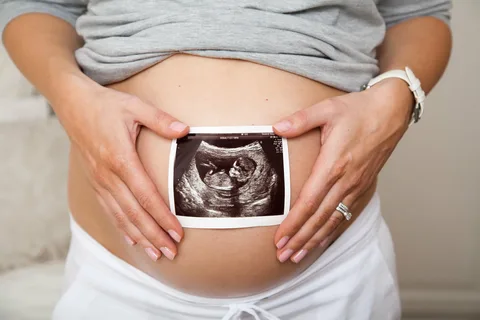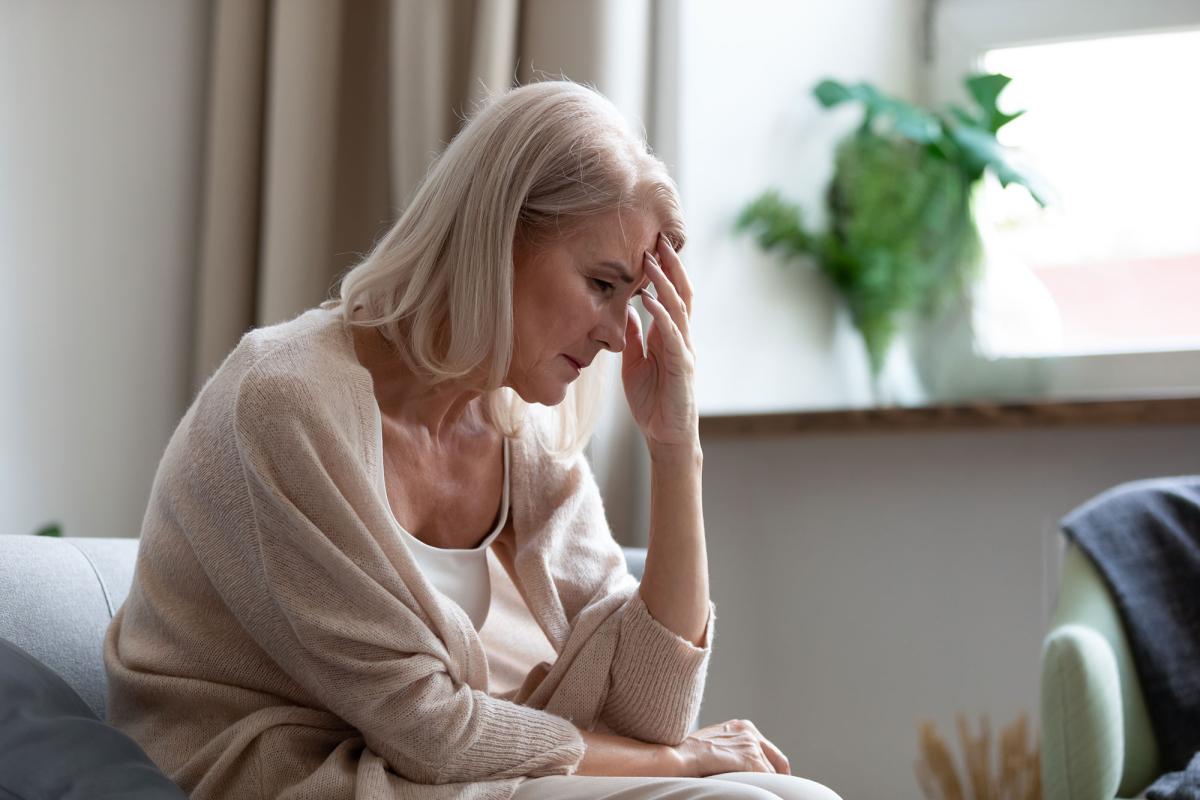What is PCOS?
PCOS is a hormonal disorder that is commonly associated with the women of reproductive age group. Enlarged and cystic ovaries are the most common features of PCOS. Due to an interplay of various factors, ovulation doesn’t occur normally in women with PCOS.
What causes PCOS?
There is no exact cause for PCOS, it can occur due to multiple factors. Some important reasons that can play a role in its development include resistance to insulin, obesity, and hereditary. The rise in the number of women having PCOS today is more than ever before, which can be contributed to the modern lifestyle. Rising stress levels amongst women, unhealthy diets, altered sleep patterns, and reduced physical activity contribute to an overall rise in factors responsible for developing PCOS.
How can I know if I may have PCOS?
Women with PCOS can face multiple symptoms like increased facial and body hair, severe acne, male pattern baldness, irregular periods, and inability to conceive. If you are experiencing any of it visit your gynaecologist at the earliest.
How is PCOS diagnosed?
A detailed physical check-up, ultrasound, and blood tests are required to make a diagnosis of PCOS.
Are treatments available for women with PCOS?
Yes, treatments are available to restore ovulation in women with PCOS. The treatment for PCOS is mostly medicinal but in some cases, surgeries can also be required. Intervention through laparoscopic procedures or LASERs are less invasive and are also available as treatment options.
Can women with PCOS conceive naturally?
Yes, by getting the right treatment at the right time women with PCOS can conceive naturally.
What are the health risks for women with PCOS?
If unchecked, PCOS can result in serious systemic complications in the long run including the development of type 2 diabetes, high blood pressure, problems with the heart and blood vessels, and even uterine cancer. Women should thus seek early treatment.
What can women do to control PCOS?
All women are advised to keep a check on their weight, stay physically fit, and cut down on their stress levels to prevent and reduce the severity of PCOS. Since early identification of PCOS reduces the risk of its long-term complications, women should meet their gynaecologist at the earliest in case of any doubt about it.
This is general information issued in the public interest. Please contact your doctor for more details.




